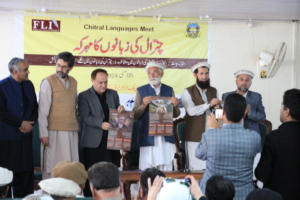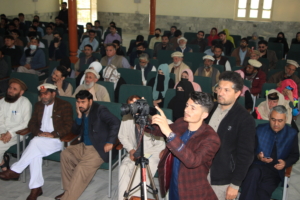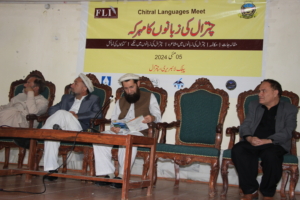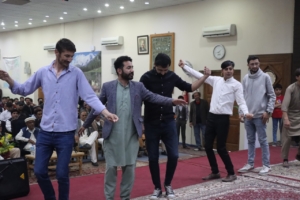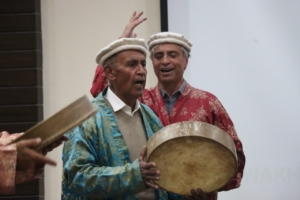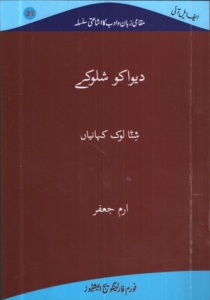FLI hosted a seminar on Chitral’s languages, bringing together numerous language enthusiasts, researchers, activists, poets, and singers from ten out of the twelve languages spoken in the valley during the first week of May 2024. This gathering in Chitral town marked the introductory participation of many language communities, with over 150 attendees recorded, providing an opportunity for interaction among the valley’s linguistic groups. Represented languages included Khowar, Gawarbati, Dameli, Palula, Kalasha, Kateviri, Pashto, Yadgha, Dari, and Wakhi.
A feature of the event was the launching of Yadgha songs produced by FLI, alongside a multilingual poetry symposium which liked by the participants. The seminar comprised nine sessions, commencing with an inaugural address by Mr. Fakhruddin Akhunzada, Executive Director of FLI, emphasizing the importance of uniting language enthusiasts to foster mutual learning and understanding.
Subsequent sessions featured presentations on language development initiatives, academic insights into linguistic structures, and practical experiences in language education. Noteworthy discussions included the challenges and opportunities of integrating Khowar language into school curricula and initiatives to promote writing in Chitral’s languages.
A unique aspect was the sixth session, showcasing multilingual poetry performances representing the languages of Chitral, each adding its flavor to the cultural beauty of the event. The session culminated in the launch of Yadgha songs, a moment celebrated by attendees.
The event concluded with a multilingual musical showcase, featuring performances by singers representing various linguistic groups, including the melodies of Kalasha music and Wakhi bands. FLI’s commitment to uplifting lesser-known language groups of Chitral was widely appreciated, garnering positive coverage from local media outlets. The seventh session had a unique activity of launching Yadgha songs. FLI recently produced four songs in the language and one of them was launched in the event. The librarian of Public Library Chitral, where the event was being organized presided the session, and a Khowar Poet from Dros, Ejaz Ahmad Ejaz moderated the event. Alaudin Hyderi, a Yadgha language poet introduced the session and items of the session. This session was much appreciated by the audience.
At the end, a multilingual musical show had so many singers who represented their languages. Kalasha language group started the session, and the traditional flute of Kalasha music mesmerized the participants. The Wakhi band went over the platform then and presented some beautiful performance. The audience much appreciated FLI’s efforts to encourage lesser-known language groups of Chitral. The event was given good coverage by the local as well as the national media, some highlights are given under.
Click here for Dawn report
Click here for Chitral Express report
